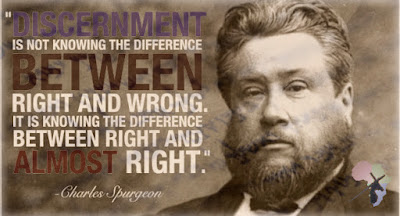Life beyond "Yes!" - For today's full-text click here
(We encourage everyone to read the full text. We hold each other accountable as we pray, read and engage the Bible. If you feel the text has not been handled well please comment and give thoughtful correction. This is what Scripture means when it encourages us to wrestle with the Bible and mentally struggle with it and inwardly digest it.)
I wrote a paper in seminary for which I received a very good mark but got a lot of red ink! The professor is a self-styled "feminist-theologian" and the course studied Ruth and Esther as heroines of the Bible. In our readings this week, we encounter carefully shaped snippets from Esther. Please! Take a few moments and read the entire book (like the #UFO's in the newsfeeds this morning - I think you can handle the whole truth about this little book). Esther is a very short book with an engaging (at times even shocking) narrative. Esther has also proven to be something of a challenge for students of the Bible who practice close careful reading of the text.
 |
| Do we really want to gloat over an execution? |
As we read Esther the questions we bring to it (and all Scripture) should direct us toward God's grace-filled redemption of those who seek His face. Any reading that minimizes either God's grace or human failure must be brought under suspicion. Esther is not the story of empowered or godly women nor of a defended people. Esther is not a revelation of human righteousness or godliness. Esther is the story of a faithful God seeking His people. Esther is a story full of critical moments, of opportunities to surrender to God and accept His ways. Esther may be a story of what we may judge "good" outcomes but they are not all "God" outcomes. Esther reveals that God works within comprehensive human failure to protect and redeem those who seek Him. God is NOT mentioned in Esther. The faithful Jews in Israel are not mentioned in Esther. Yet God is the subject and faithful people are the object of this book.
The diaspora Jews were not living as God's people in the land God gave His people. There is no evidence that Esther, Mordecai or any other character in the narrative knows God or His ways. Yet, God's people (the Hebrew peoples in Israel) needed protection from threats originating in corruption hundreds of miles away, inspired in godless individuals, and executed by rebellious social and political structures. Our ignored and unmentioned God worked in this godless Babylon to preserve His unmentioned people. Placing God and His redemptive purpose in the fore of our quest within Scripture reveals a very different teaching - Esther, Mordecai, the diaspora and the gentiles are to be mourned not celebrated. The brutality, belligerence, arrogance and hatred within our brothers and sisters separated from God is not something to be celebrated. Do you not think God mourns for the lost? How can we possibly align such celebratory teaching with our Christ hanging and bleeding upon a Roman Cross?
To live our yes we must know our God. Our primary question for Esther (and all Scripture) then must be, what are we shown about our passionate, Loving and suffering God? This question is the only true ends of Theology. In seeking God we learn of divine Love and of God's passion to redeem His people.
In living our yes we approach Scripture humbly and so we find our “God who makes [us] inwardly aware of [our] wretchedness and His infinite mercy: who unites Himself with [us] in the depths of [our] soul: who fills it with humility, joy, confidence, and love: who makes [us] incapable of having any other end but Him” (Pascal 1966: frag. 449).
Let us pray that as we approach the Bible we do not seek affirmation and rationalization of our worldly self-images, but rather transformation into who God desires us to be. Let us understand that our "yes" necessarily involves our surrender of self.
For today's full-text click here
What will your 'yes' look like?


